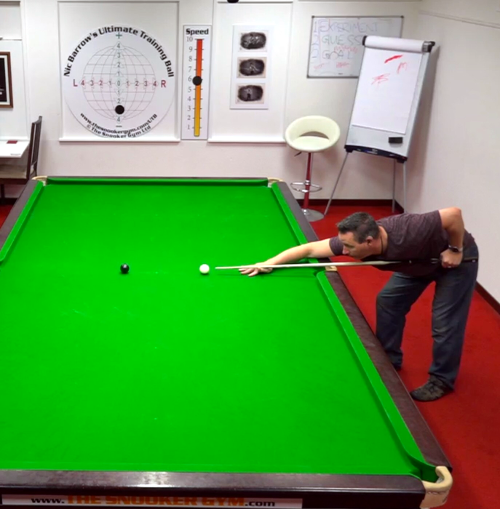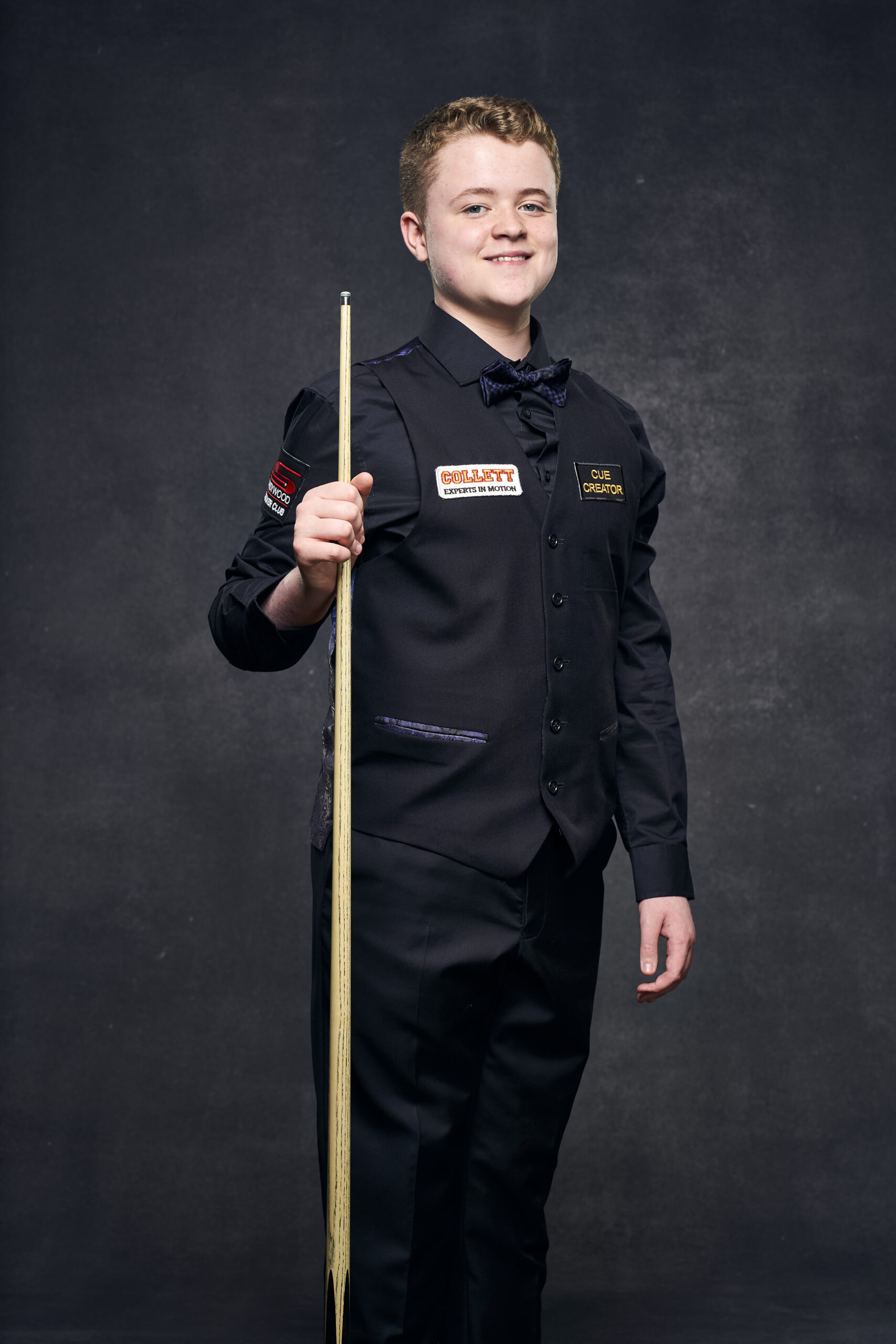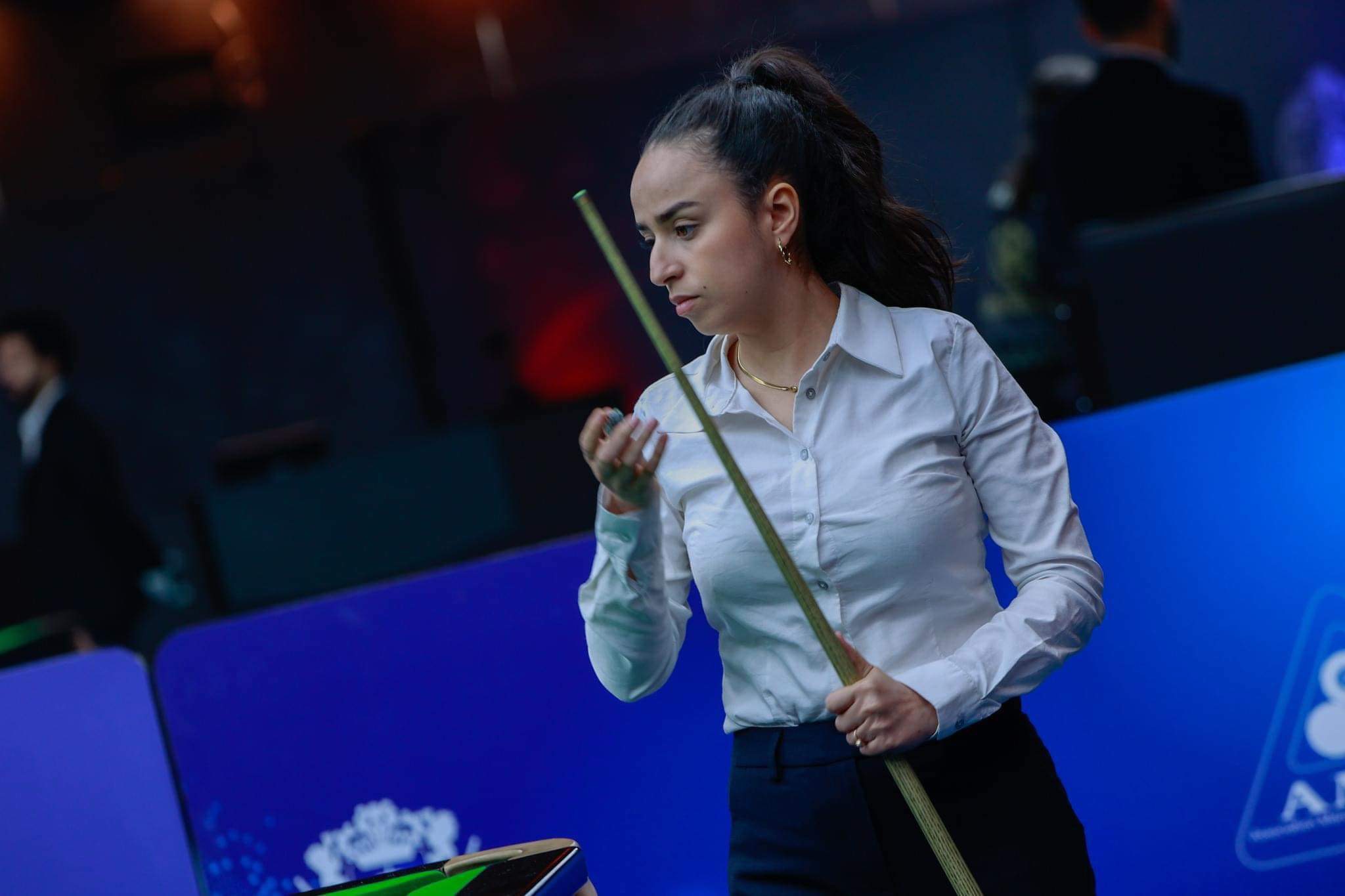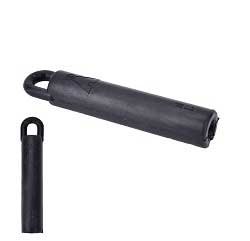Cue Creator Cues®, Manufacturing standards are a step above our competitors. With our high attention to quality, performance and the latest in manufacturing standards rewritten by Cue Creator®, you’ll have all you need to improve your cue sports game.
We make our cue shafts using North American Ash and Maple and are 100% American Made.
Our decorative woods are from around the world mainly sourced in the USA, with all cues being checked by the director for quality and specifications in Sydney, Australia before being finished.
Cue Creator® cues are custom made cues in most instances, with some that we carry in stock. The pricing on the cues is based on the high-quality shaft materials with the main shafts being North American ash and Maple are 100% American Made.
Pricing then varies depending on the woods used and splicing picked depending on your order.
Cue Creator® does outsource the joints, adjustable extensions and cases to others, but we also bring them back to the factory and each case and cue is inspected by the CEO in Sydney, Australia before being dispatched.
We use a very well-designed brass joint with less side to side movement and a fiber ring between the brass and wood which helps reduce movement between the brass and wood seen on many other cues.
For adjustable extensions we use Blue Moon which is the same as many other leading cue makers.
Ash is the most common, and from the professional base of players, 95% are using Ash. The reasons include strength in the wood when applying power, and the sighting aids provided by the natural chevrons.
Maple offers a different feel, particularly during break building, but exhibits more shaft movement when power is needed.
Length of cue should be measured by having a 12-inch (30.48cm) bridge length from the hand and the tip almost touching the white. With your cueing arm, you should find the correct position where your arm is at 90 degrees and you should have 1 inch (2.54cm) of cue behind that.
This helps the cue to be made in the correct length and achieve a good balance point. The balance point is when you put your cue under the cue to find that measurement, and most will be from 16.5 inches (41.91cm) to 18 inches (45.72cm) from the butt end — a good guide when measuring your cue.

Credit: thesnookergym.com
Butt diameter on most mass-produced cues is 29.5mm and seen on a majority made today.
Pro players, however, are changing that trend — many now use down to 28.5mm, with most picking 29mm. The belief is that a smaller butt size encourages a looser grip, and a looser grip allows for more cue ball control.
When the cue grip is too tight, it can make the cue respond poorly to side spin and other shots. Be sure to ask your coach or an experienced player about proper grip pressure.
One-piece cues compared to three-quarter cues don't have a significant difference in general, although certain construction methods can make the One Piece superior.
The standard one-piece cue is made using a 48-inch (121.92cm) shaft for a 60-inch (152.4cm) cue, with the butt wood spliced on. We also offer a Pro Version one-piece cue, which uses shaft wood from butt to tip. In this case, the feel and balance are considered exceptional — though this method requires carefully selected ash or maple, making it more expensive.
Between a standard one-piece and a three-quarter cue, we believe there's no real difference in performance. It really comes down to the size of the case you prefer to carry. Our joint — engineered in the USA by Cue Creator® — offers significantly less side-to-side movement and enhances the feel of the cue. In this configuration, there is no compromise in playability.
The same can't be said for two-piece cues. While popular in American pool and occasionally found in snooker, they offer more portability but suffer in balance and overall playability — making them a less desirable choice for serious snooker players.
At Cue Creator® we only offer hand spliced cues. Hand spliced cues have a rounded point, whereas machine spliced cues typically have a sharp point. For top-quality cues — and those used by professional players — hand splicing is the standard.
Ash or Maple is used for the shaft, which is then hand-planed. Various woods such as Ebony, Macassar, or Rosewood are glued into these areas. These are then shaped and detailed further with decorative woods depending on the design chosen by you — our client.
Cue makers use specific blends of finishes, usually involving various oils. The main finish is typically linseed oil on the shaft, with wax used on the butt. The shaft requires ongoing maintenance and re-oiling over time, as maintaining moisture content between 4–8% is critical to prevent ash or maple from shifting.
We recommend inspecting your cue every 6 months to assess the look and feel of the wood, and to ensure it remains well maintained.
Looking for a cue today?
We keep a selection of ready-made cues in stock, available for immediate purchase — as listed in our shop section. Most in-stock cues range from 56.5 inches (143.5 cm) to 60 inches (152.4 cm) in length.
As cues are sold, we reorder new ones to our chosen specifications. Visit our store (details in the Contact Us section) or explore our online listings.
Ordering a custom cue?
Each cue is custom-made to your exact specifications with expert craftsmanship and attention to detail. Our estimated delivery time is 12–16 weeks from the end of the month in which your order is submitted.
To streamline production, we group all custom orders and submit them in batches to our cue makers once per month. This process ensures efficiency and consistency while keeping our lead times significantly lower than industry averages.
Thank you for your patience and understanding — we are confident the result will be worth the wait.
Cues will be sent in a tube if no case is selected in the configuration area. We offer protective cases at or below cost to help safeguard your cue during shipping.
If no case is chosen, the cue will be carefully bubble-wrapped and placed securely in a mailing tube.
The common method people use is rolling a cue on the table — but this is not the correct way to check a snooker cue. If a cue had a perfectly straight taper, it would often be too whippy or lack strength in key areas.
Our cues are built with subtle thickness variations to maintain strength and playability — a feature found in most high-quality cues.
The only reliable method to check a cue’s straightness is to sight down the shaft like a rifle barrel — with one eye closed.
Keeping 000-grade steel wool in your cue case is essential. For the ferrule, use only 1200 grit wet-and-dry sandpaper or — preferably — fine steel wool to maintain a clean surface.
Cleaning the cue joint is equally important. Build-up of oil or grease can lead to unwanted sounds or vibrations that feel like the ferrule or joint is loose.
By keeping these components clean and maintaining proper oil and wax levels on your cue, you can ensure it lasts for many years.
Cue Creator® empowers you to design your cue from the ground up, controlling every detail — from the wood selection and veneers to the final finish. Each cue is crafted to match your exact specifications, ensuring a truly personal playing experience.
Our commitment to quality runs deep. We've sourced only the finest materials and paired them with state-of-the-art software and precision engineering. The result is a fusion of craftsmanship and innovation that defines the future of cue manufacturing.
For our Snooker and English cues, we use traditional handmade splicing techniques, combined with meticulous finishing processes. The outcome? A cue built to your configuration, offering world-class playability and aesthetic.
Our USA Pool Cues are produced using advanced CNC machining and cutting-edge technologies by McDermott Cues, delivering consistency and performance trusted by players worldwide.
We invite you to explore the world of custom cue design with Cue Creator® — where premium materials, innovative manufacturing, and your vision come together.
🔗 Visit our partner site:
👉 worldcuesports.com.au
With over 25 years of industry experience, we've proudly supported cue sports communities across the UK, Japan, the USA, and beyond.
Our Team

Peter Sharp
Director

Michael Sharp
Director

Stephen Hotop
Accounting
Our players will grow as time goes by and we have several players who we are making cues for currently. We may add new players below in the future.
We’ll be on the lookout for players in other cue sports like Chinese Pool and Carom and then increasing our Snooker players over time.
Stan Moody

Stan Moody, a talented snooker player from Halifax, West Yorkshire. Born on 14th September 2006, he won the WSF World Junior Championship in February 2023 in Sydney, Australia — earning him a two-year card on the World Snooker Tour for the 2023–24 season at just 16.
Stan began playing snooker in 2015 after initially trying pool on a family holiday. He has since claimed multiple English national titles and earned the nickname "The Action" from Robbie Watson for his impressive cue work.
He credits his father, Nigel, for unwavering support and currently uses a Cue Creator® cue — attributing improvements in power and shot-making to its performance. His practice club is Landywood in the Midlands and he has been coached by Neil Johnson throughout his amateur and professional career.
You’ll find his cue specs listed on our website.
- 2× English U14 Champion
- 1× English U16 Champion
- 1× English U18 Champion
- First Pro-Am win at age 14
- Defeated professionals in both semifinal and final
Alfie Lee

Alfie Lee, son of our great friend Stephen Lee — one of the finest cue actions seen in snooker — is following in elite footsteps. We discovered Alfie playing on a subpar table during a 2016 UK visit, so we upgraded it to a Supreme table.
In 2019, Alfie won the Under-15 World Blackpool Title using a one-piece pro cue with snakewood splicing and a maple shaft made by Cue Creator®.
With his dedication and love of the game, we’re confident Alfie will become a household name.
Yousra Matine

I started playing snooker in 2017 and rapidly improved, competing in national tournaments. By 2019, I qualified for the African Games, winning a gold medal in the Women’s Singles and a silver in Mixed Doubles with Amiri Amine.
In 2022, I claimed the African Championship title in Casablanca after a strong showing at the Eden Masters Open in the UK, where I reached the Challenge Cup semi-finals. I’m proud to represent African snooker on the global stage.
Mirjana Grujicic

Mirjana is from Venezuela and has played competitive pool since 2001, representing her country in Japan. Although national sponsorships have declined due to economic challenges, she remains a dedicated player.
She has won 16 national titles and represented Venezuela at the World Games in 2013 and 2015.
Photo: @ipaniza
For cue care, there are some basic rules to follow. Let’s go over them:
- Don’t leave your cue in hot places like a car — timber can warp. This also applies to extreme cold.
- Keep joints and ferrules clean — dirt or oil can cause unwanted sounds or affect performance.
- Burnish the side of your tip regularly and ensure it’s in good condition before any events.
- Check your cue for straightness by sighting down like a gun barrel — this is more accurate than rolling it on a table.
Storing your cue
We recommend using a rubber hanger to store your cue at home. This method prevents warping by evenly supporting the shaft’s weight. We’ve found it to be far superior to traditional storage.
Note: Some cue cases don’t offer stable support and may trap heat, cold, or moisture inside.

Cue hanger for billiards
Oiling your cue
Over time, all cues require oiling to retain proper moisture (ideally 8–10%). If you own a digital moisture gauge, use it to monitor levels.
We use Liberon finishing oil, but boiled linseed oil or standard linseed oil can also be used. Be aware that standard linseed oil may become sticky in high humidity.
Lightly sand the cue beforehand using 240 grit (max), or ideally 400–600 wet and dry sandpaper. Between coats, use 000 steel wool.
Oiling should be done over 2–3 days, applying coats until the cue feels tacky and stops absorbing oil. At that point, rub the shaft down with a soft cloth to remove any residue. Your cue should then be protected for 12 months or more.
Cues made of ash that haven’t been oiled will show visible signs of grain opening over time.

Cue oil finishes and shaft care
There are many cue tips on the market today, but they generally fall into two categories: pressed tips and laminated tips. Each type requires its own tools and maintenance techniques.
Some basic principles apply to all tips — especially when breaking in a new one. After installing, trimming, and roughly shaping your tip, the next step is crucial for even bedding-in.
When you play screw shots or topspin repeatedly with the same grip orientation, the tip tends to flatten unevenly. Most players then reshape the tip, but it collapses again. The proper method is to rotate the cue butt slightly after every few shots.
Start by roughly shaping the tip, then play some stun and screw shots while rotating the cue slightly each time. This evenly compresses and settles the leather.
After about an hour of play using this rotation method, you can then perform the final shaping. You’ll notice that the tip no longer collapses and retains its structure much better.
Across all cue sports, there are differences in cue weight, tip size, ferrule dimensions, and overall specifications.
The games listed below use different ball sizes, so it’s important to study the game’s requirements and test a few cues before committing to a final specification:
- Snooker: Butt diameter ranges from 28.5mm to 30.5mm; ferrule size is typically 9.3–9.8mm (many pros prefer 28.5–29mm butts).
- English Pool: Tip size ranges from 8mm to 9mm (most professionals favor 9mm).
- USA Pool: Butt sizes are usually 32mm–33mm with ferrules between 11.5mm and 13mm.
- Carom: Cues are shorter, around 56 inches (142.24 cm), with tip sizes between 12mm and 13mm.
- Chinese Pool: Typically uses snooker-style cues with pool ferrules sized between 11.5mm and 12.75mm.
Cue Creator offers high-quality shafts made from North American Ash and Maple, selected for performance and precision.
Cue Creator® Ash Shafts – Snooker / English Pool
The Ash we use is hand-selected North American Ash with straight, evenly spaced arrow-shaped grain. Unlike many manufacturers who purchase bulk timber, we maintain a trusted vendor relationship that allows hand selection of every piece.
Once selected, the wood is naturally dried for over a year, then hand-spliced and rested in our climate-controlled USA factory at 8% humidity to ensure dimensional stability.
Straightness is verified at every stage of the craftsmanship process, with rest periods between steps to allow natural curing.
Cue Creator® Maple Shafts – Snooker / English Pool
Our Maple also comes from North America, chosen specifically for visual clarity and absence of knots or blemishes. Maple shafts are ideal for short-distance positional play, especially around the pack in snooker or English pool.
Due to their flexibility, Maple shafts can move the cue ball off line on longer power shots, especially with side spin. On reverse side shots, Maple creates more angle than Ash — offering tactical advantages in close control.
Like our Ash shafts, Maple is checked for straightness after each lathe pass and rested in climate-controlled conditions to cure naturally.
Kamui Tip Options
Kamui Black Soft Tip
- High porosity allows excellent chalk adhesion
- Elasticity increases grip and reduces miscues
- Balanced control between spin and ball contact
Kamui Black Super Soft Tip
- Highest elasticity among Kamui Black tips
- Extended contact time with the cue ball
- Generates more spin at lower stroke speeds
No products will be dispatched until full payment has cleared. Shipping fees are automatically calculated at checkout.
It is the customer's responsibility to provide complete and verifiable shipping information. All delivery addresses must include a valid phone number. For business or non-residential addresses, please also include the company name and the name of a contact person.
Customers must be available to receive and sign for deliveries. Missed deliveries may result in redelivery charges. Redirection of parcels is subject to prior approval and may incur additional fees.
- Customers are responsible for any additional freight charges, including but not limited to redelivery, redirection, refused shipments, and incorrect delivery information.
- You will receive tracking information via email once your order is shipped. Orders can be tracked using the consignment number on the courier's official tracking page.
- Returns are accepted only for non-custom-made items and must include a copy of the original invoice.
- All returns must be reported within 14 days of purchase and physically received by us within 21 days. (Custom-made cues are non-refundable.)
- Items may be exchanged only in the case of manufacturing defects, which must meet our strict assessment guidelines.
- International customers are responsible for any applicable taxes, import duties, or customs fees in their country. These are not included in the cue price or shipping cost.
If a product is found to be faulty due to manufacturing defects, return shipping will be reimbursed by Cue Creator® after inspection. We will contact you directly to confirm the next steps.
Returned items must be unused and include all original parts and packaging. Incomplete returns may not qualify for a full refund.
We do not accept returns for custom-made cues or specially ordered items sourced internationally to complete your order.
In cases where a manufacturing fault cannot be repaired, a replacement product will be manufactured and delivered.
For international shipping, fees and duties may apply in the destination country. Prices quoted on our site do not include duties or local taxes. We ship our cues from Australia.
You can check import duties using the calculators listed below or by contacting your country's customs authority. Use the product description: Billiard Cues.
We’re happy to assist in navigating duties and potentially reduce associated fees and complications. In some cases, we can provide an advance estimate and arrange payment via our freight provider to simplify the process.
Useful duty calculators:
Shipping Duties
All shipments must go through an import procedure, regardless of whether they are gifts. Clearance depends on the country of origin, declared value, and classification — not the purpose of the shipment.
Dutiable shipments are assessed using the Harmonized System code, a global classification assigned by the World Customs Organization.
Who’s responsible for the payment
Duties and taxes are typically the receiver’s responsibility. However, we can coordinate with the freight company to notify you of charges and help with payment arrangements.
For example, DHL may invoice duties, taxes, and a small administrative fee after delivery.
Taxation imposed by countries
Taxes are often applied to goods crossing borders, particularly imports. While some countries allow free trade zones, most impose duties as part of protectionist trade policy.
Although less common, some countries also apply taxes to exported goods.
